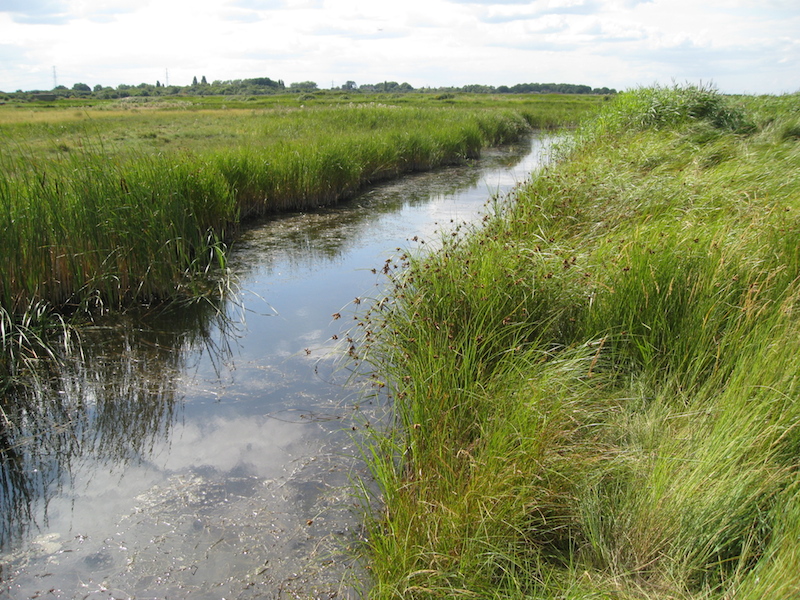
Apart from an isolated record in Dorset 60 years ago and another in Cambridgeshire, a mosquito responsible for transmitting the West Nile Virus (WNV) from birds to humans in continental Europe was almost unknown in the UK until found in 2010 in north Kent marshes in three nature reserves.
Medical entomologists Gabriella Gibson, Frances Hawkes and Robert Cheke from NRI, together with Public Health England (PHE) are investigating the current distribution and status of this species, 'Culex modestus', in South East England.
Growing evidence has been found of a widespread and expanding distribution not only in Kent but also in Essex, highlighting that Cx. Modestus is now firmly established in the Thames estuary marshes. It is thought to have arrived hiding within shipping containers and may be thriving as a result of climatic changes.
The work done by NRI and PHE highlights the value of maintaining a network of mosquito traps to ensure that disease risk assessment keeps pace with the changing status of disease vectors. According to Bob Cheke "So far there is no evidence of WNV's presence in the UK, but as Cx. modestus is an efficient 'bridge vector', capable of picking the virus up from an infected migrant bird and then passing it on to horses or humans, there is a now serious threat to veterinary and human health that needs to be monitored with vigilance."
The potential role of this mosquito in future transmission of WNV to both animals and people requires further investigation to determine if the virus is present in mosquitoes, birds and other animals, as well as to establish the full extent of the insects' range in the UK.
Most cases of the West Nile Virus are not serious and many people have no symptoms, however serious symptoms can occur including fatalities. There is currently no vaccine against WNV, and the best method to reduce the rate of infection is through mosquito control. More information about the virus can be found here.
BBC Radio 4 programme 'Costing the Earth' broadcast on 9 September goes into more detail about the investigation (available for download from http://www.bbc.co.uk/podcasts/series/costearth). BBC South East Today news also reported on the issue on 25th September when Gabriella Gibson was interviewed at Cliffe.

